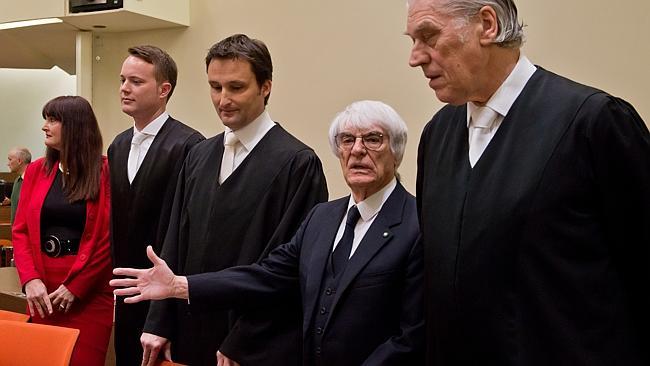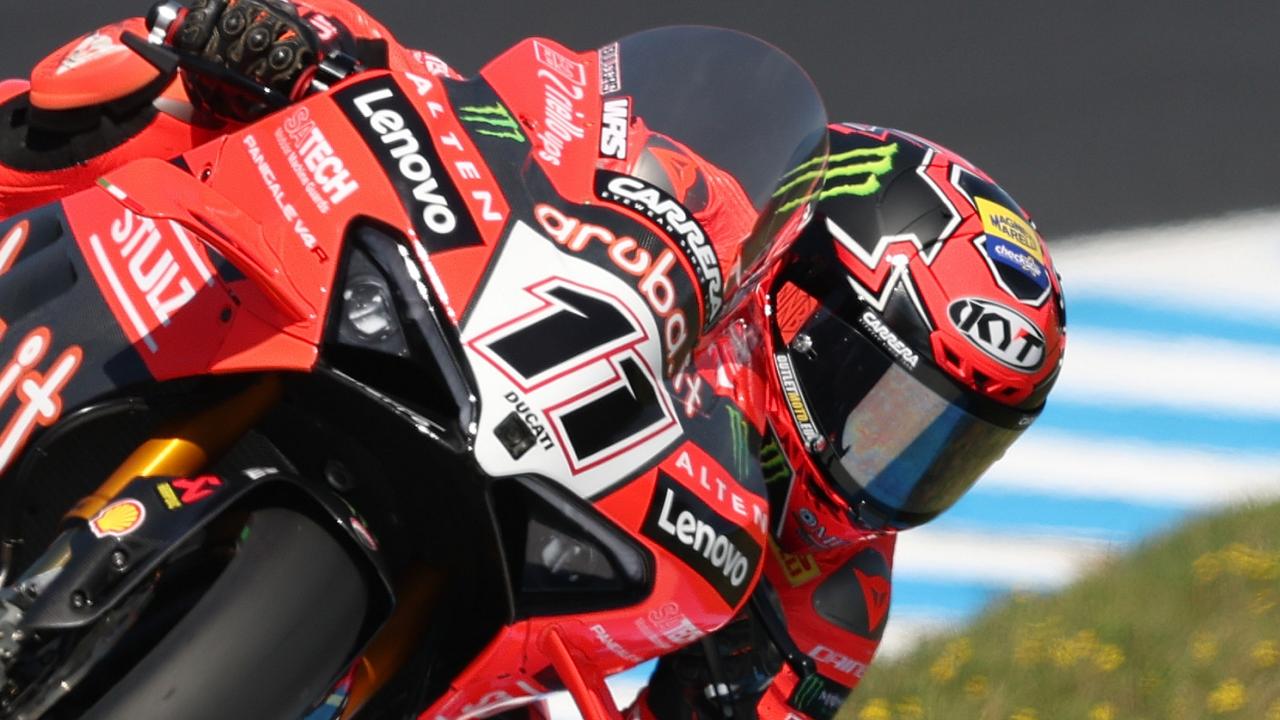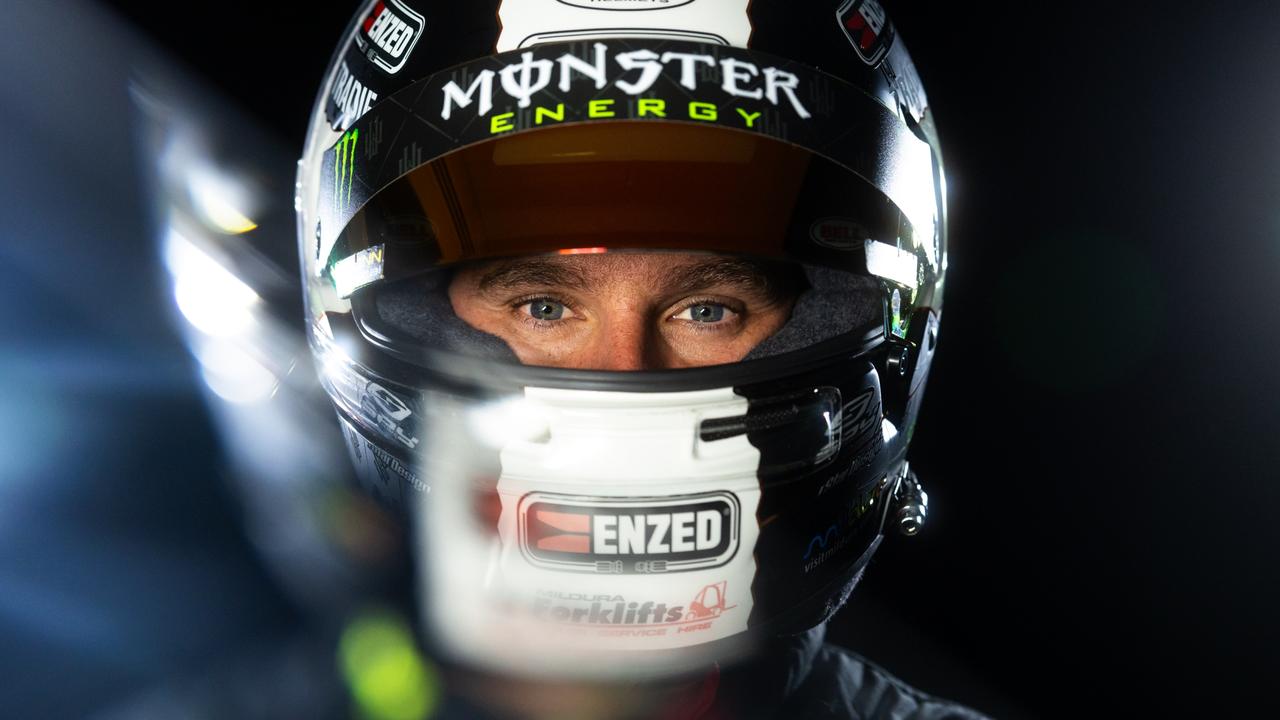Don’t mention the war? No-one told F1 chief Bernie Ecclestone
BERNIE Ecclestone has regaled a German court with memories of almost being killed in the Blitz as the F1 chief faced trial for bribery.

BERNIE Ecclestone has regaled a German court with his memories of almost being killed in the Blitz as he began a combative defence against charges of bribery.
The 83-year-old Formula One chief executive told bemused judges that his youth was spent scraping a living due to the privations of World War II, as he mapped out his formative experiences of the country where he faces up to ten years in jail if convicted.
Despite the gravity of the charges he faces, the anecdotes flowed from the start of proceedings that could end his four-decade grip on motor racing.
Mr Ecclestone launched a four-hour opening statement at his trial in Munich by claiming that he “only narrowly survived” a German bombing raid on Dartford, Kent, where his parents moved the family in 1938.
“I was eight years old when the Second World War started and I remember seeing the German bombers,” his lawyer told the court, reading his words. “My childhood was spent during the war. As a paperboy, I earned my first money aged 11 and bought biscuits and bread rolls with the money and sold them to my classmates.”
In keeping with Mr Ecclestone's informal style, there was more light relief at the start of proceedings when he was asked to confirm his name, age, nationality and family details. “Are you married or divorced?" Judge Peter Noll asked him through a translator.
“Both are correct,” the twice divorced Grand Prix boss replied. “I like to remember the divorce part,” he said, before adding: “I am married now.”
Mr Ecclestone vowed to prove that he is innocent of the charge of bribery and portrayed himself as the victim of a blackmail plot that could have cost him $3.6 billion.
Prosecutors allege that he paid a huge bribe to Gerhard Gribkowsky, a German banker, to make sure that his bank sold its stake in Formula One to Mr Ecclestone's preferred bidders. This would let him maintain his position as head of the global empire that he built up over four decades.
Mr Ecclestone insisted that he and a family trust paid $47 million to Gribkowsky to stop him making false allegations to the tax authorities in Britain.
He told the court that after heart bypass surgery he had put his fortune in an offshore trust, called Bambino, for his wife and daughters, which Gribkowsky had threatened to drag into a tax inquiry unless he met the banker's demands for a kickback.
The money landed Gribkowsky a prison sentence of eight and a half years for corruption before prosecutors turned their focus to Mr Ecclestone.
“Some people have asked how a man like Bernie Ecclestone can be pressurised," Sven Thomas, Mr Ecclestone's lawyer, told the court, reading the billionaire's words. “I say, yes, it is possible if you know exactly where to apply the pressure, and he (Gribkowsky) got the right spot for me and for Bambino.”
His statement portrayed Gribkowsky, a board member of BayernLB bank, which held a controlling stake in Formula One, becoming more aggressive and making veiled threats.
Mr Ecclestone said he gave in to the demands because a banker making allegations “could have cost me more than pounds 2 billion” if the Liechtenstein-based trust was made subject to British inheritance tax at 40 per cent.
The case is being heard by three judges, accompanied by three lay judges, and is due to conclude on September 16.
The Times


